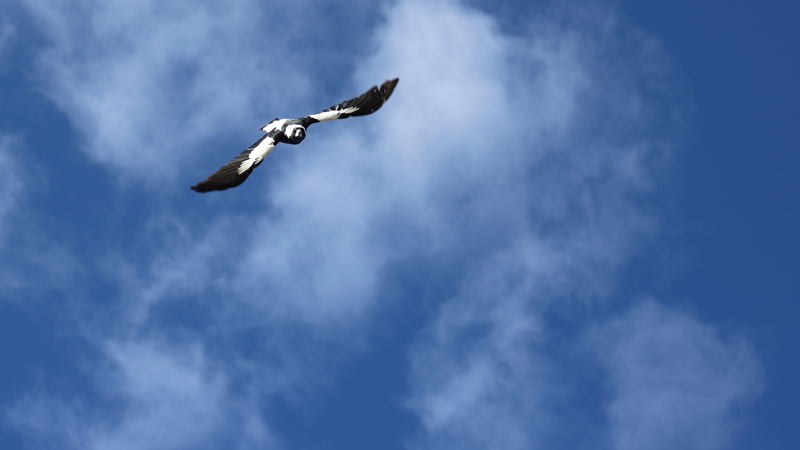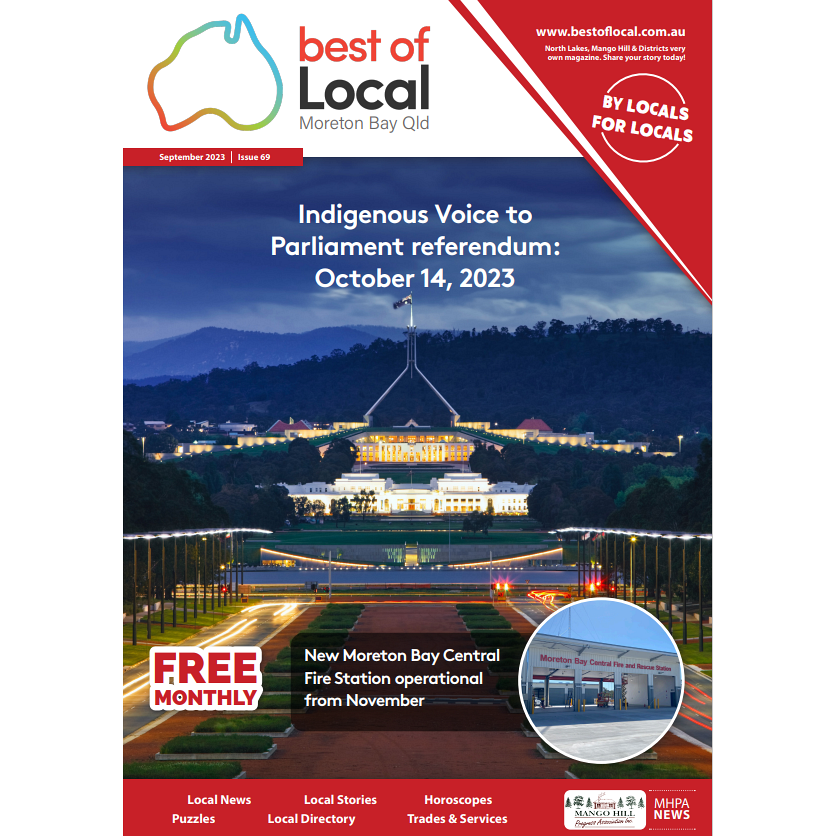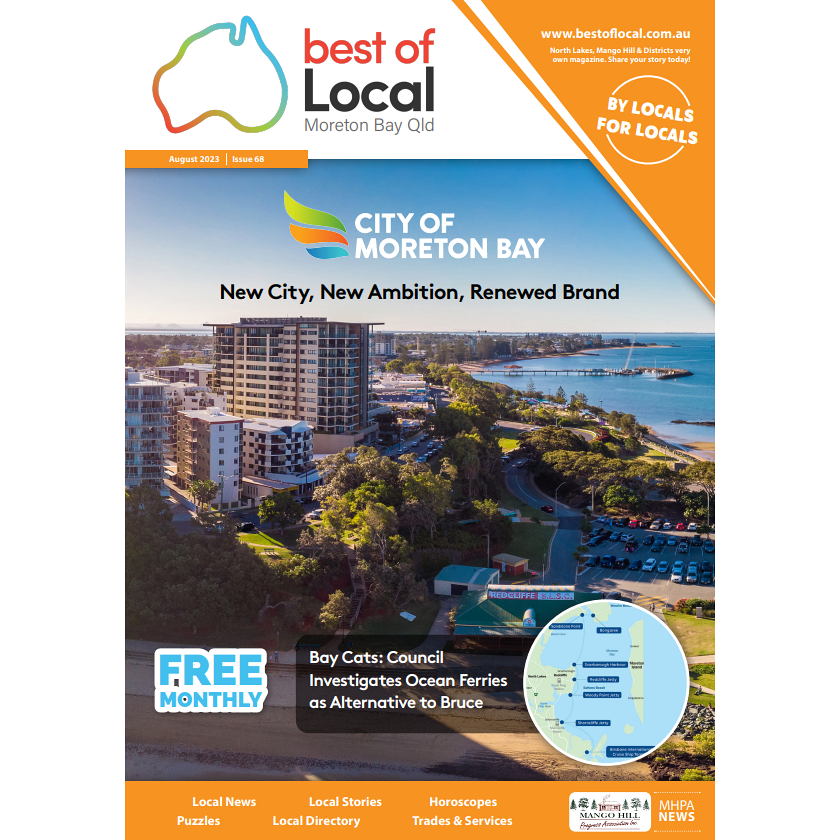Magpie Season is Upon Us!
0You have probably experienced it, or seen it happen to someone else at some stage. The sudden whoosh above your head causing you to duck in fright. Looking up, you see a flash of black and white as the magpie banks around to have another go at you.
Typically it is the male bird that swoops, they have been known to defend their nest within a 100m radius during the breeding season, which runs from July through to December. The season generally peaks from August through to October.
A Brisbane study has shown that only nine per cent of magpies are aggressive towards people.
To find out whether there may be nesting magpies in your vicinity, or along a path you walk/ride, check out magpiealert.com You can add any swooping birds you may come across if they’re not on the list.
Follow these techniques to avoid or reduce the impact of a magpie attack:
– Never deliberately provoke or attack a magpie.
– Avoid areas where magpies are known to swoop.
– Do not attempt to rescue a stranded chick or touch a young bird that is on the ground.
– Find the bird and keep watching it when entering magpie territory. If swooped on, don’t crouch in fear or stop.
– Move on quickly but don’t run. Wear a hat, sunglasses and carry an umbrella.
– Cyclists should dismount and walk through the territory. Cyclists can also attach large cable ties to the back of their helmet.
– Magpies generally attack from behind. Painting or sticking eyes on the backs of hats or helmets may confuse birds and dissuade them from swooping.
Magpies are a protected species throughout Australia under The Queensland Nature Conservation Act (1992). It is against the law to kill the birds, collect their eggs, or harm their young.
Moreton Bay Regional Council actively install ‘magpie alert’ signage where nesting is occurring on public land.
If you feel a magpie is a serious menace, you can report it to the Moreton Bay Regional Council.
Please refer concerns about native birds on private property to the Department of Environment and Heritage Protection on 1300 130 372

















